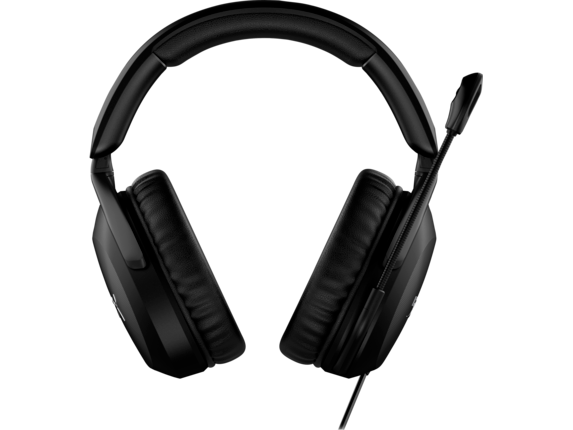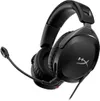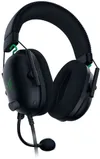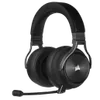This $15 upgrade helped me bring an old gaming headset back to life
Fortunately, worn down ear cups are an easy and inexpensive fix
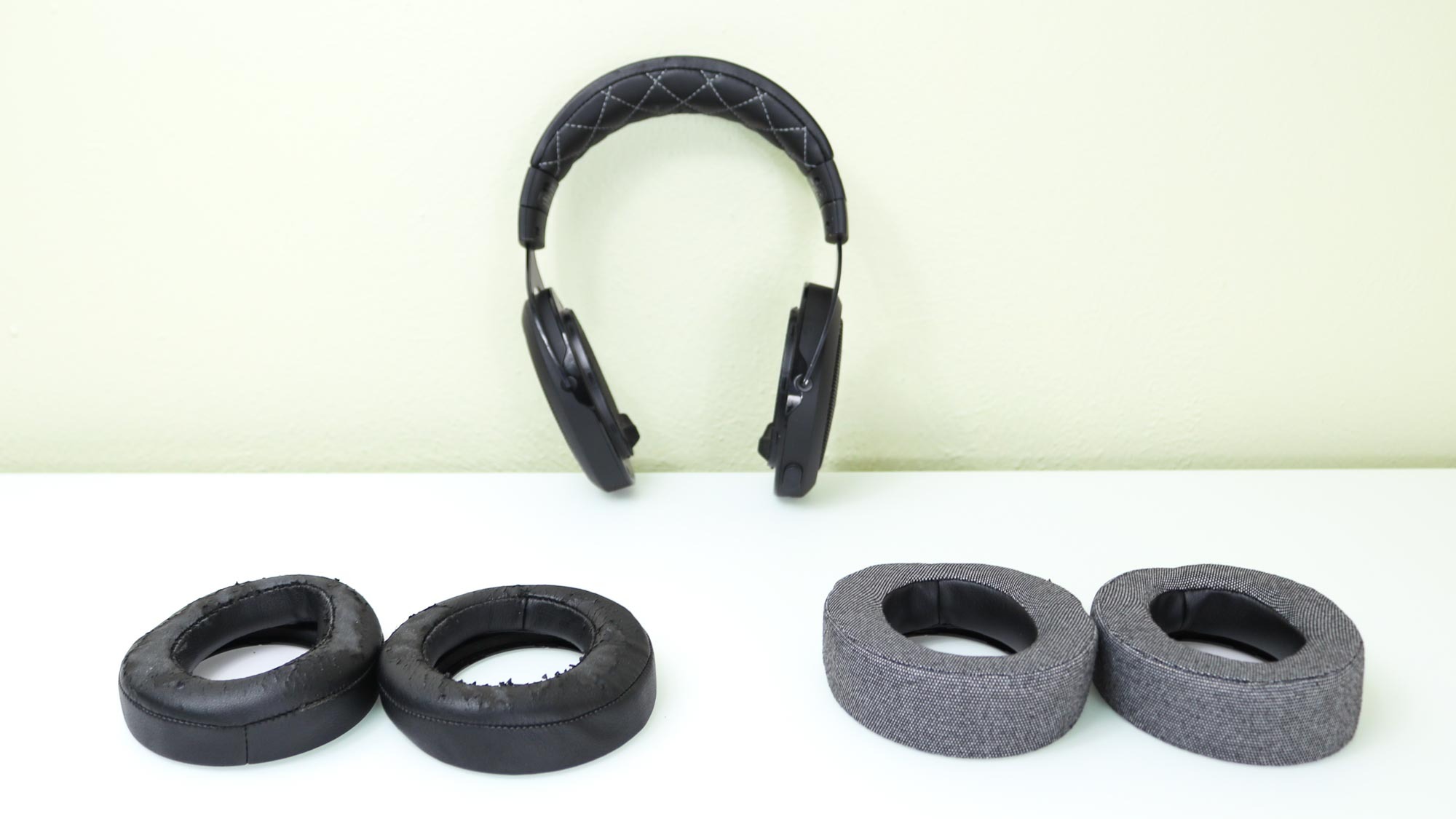
Unlike controllers or keyboards which can wear out from use over time, gaming headsets can last quite a bit longer, especially if you take care of them.
I bought what was one of the best gaming headsets at the time back in 2018 and my trusty Corsair HS70 has served me quite well over the years. Even after hours of use and hanging on the side of my standing desk for long stretches, there was relatively little wear and tear.
When it comes to gaming headsets and the best over-ear headphones too, what tends to wear out are their ear pads. Mine were just fine since I took good care of my Corsair HS70 and always put it back up when I was done using it.
That all changed when I had a kid. When he was a baby, my headset proved invaluable during those late nights when I wanted to make a little progress in Persona 5. However, once he became a toddler and started walking around, he was immediately drawn to my headset. From taking it off its hook and putting it back on over and over again to wearing the headset like a belt, my Corsair HS70 quickly took a beating.
I was thinking of hanging it up for good and getting a new headset when I remembered that I could swap out its damaged ear pads for new ones. Fortunately, it was one of the easiest projects I’ve ever done. Here’s how the whole process went and why you might want to consider doing the same thing before tossing out your own aging headset or headphones.
Part fix, part upgrade
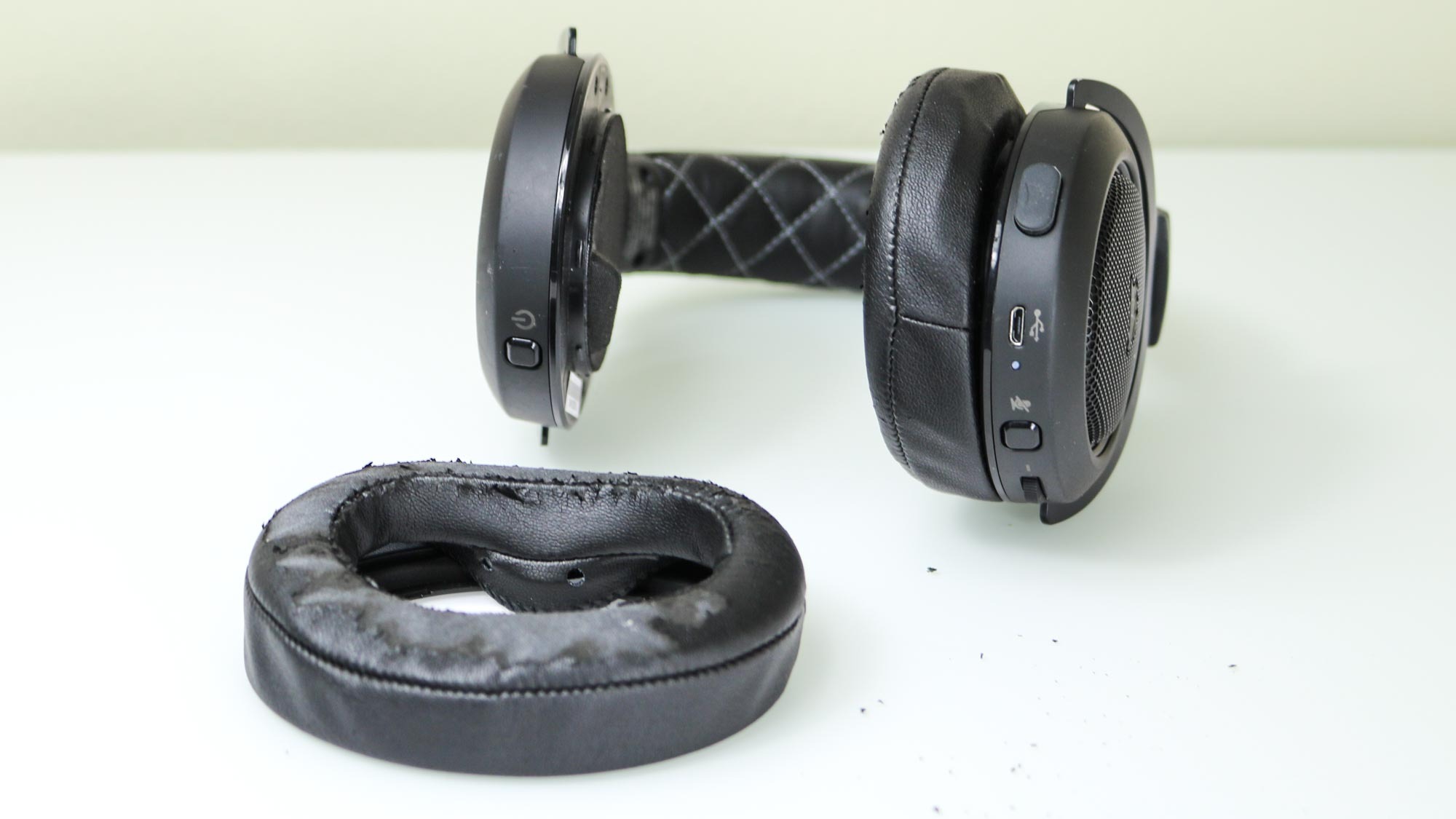
The worst thing about damaged ear pads on a headset or headphones is that they just keep getting worse. There’s no stopping this until all of the material on the outside of the ear cup is completely gone. I didn’t wait for things to get that bad; and after a quick search online, I found a new pair of compatible ear pads for my Corsair HS70 ($14, Amazon).
Although they aren’t totally universal, headset and headphone ear cups can fit a wide variety of different models, especially if the pair you’re trying to fix is from a more popular brand. In my case, the replacement ear cups I ended up buying are compatible with the Corsair HS70, HS70 Pro, HS60 Pro and the HS50 Pro.
If you’re considering investing in a new gaming headset or a nice pair of over-ear headphones, you should check to see if there are replacement ear cups available before pulling the trigger. I didn’t all those years ago but I got lucky. For my next headset, I will definitely look into it and maybe even buy a spare pair of ear cups to go alongside it right from the get go.
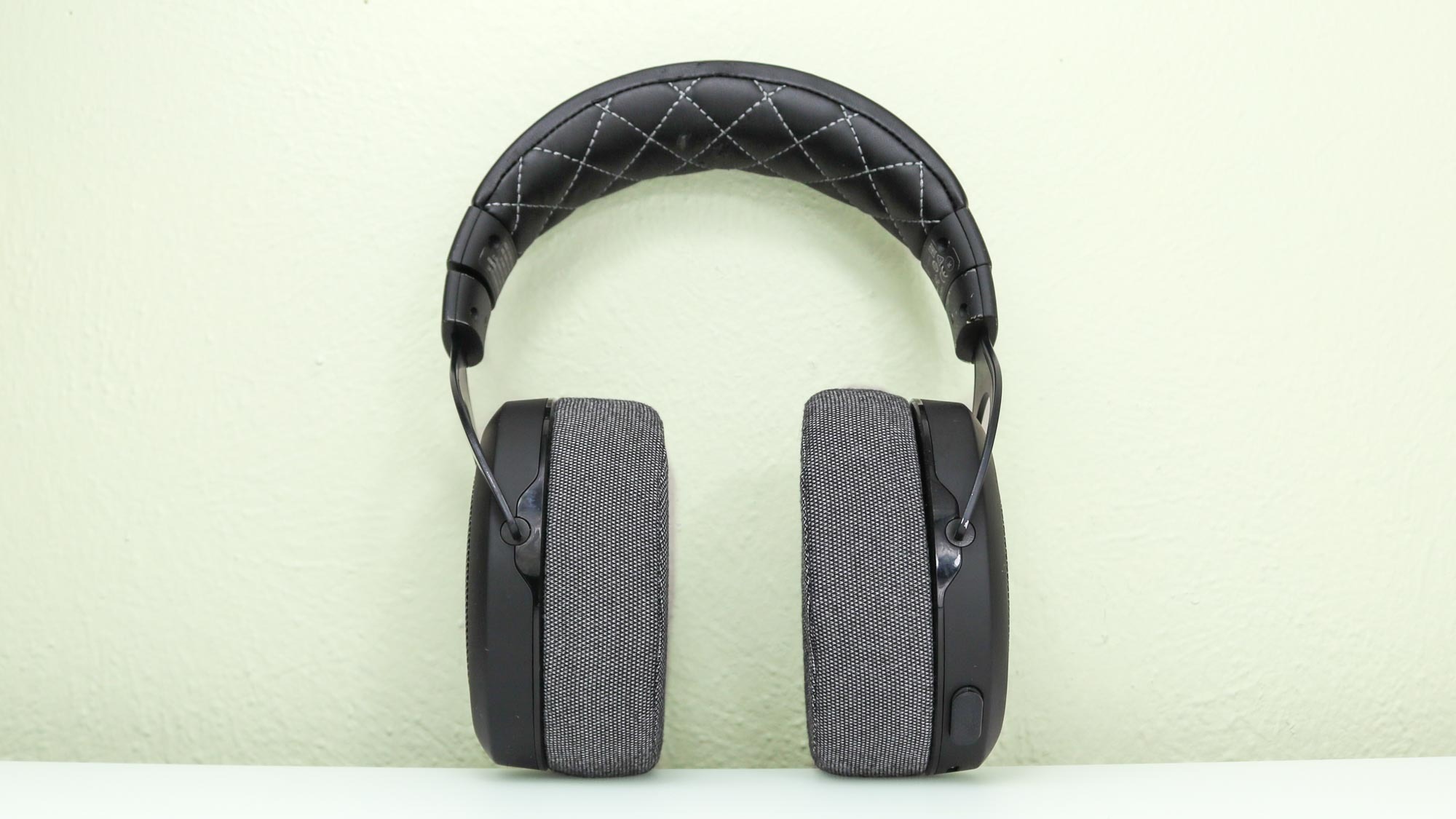
My replacement ear cups arrived and it was time to remove the old ones. As they were pretty damaged, I wasn’t too worried since I was trying to salvage my headset after all. However, I’m happy to report that with just a bit of force, I was able to pry off the old ear cups without any trouble.
From here, I put the first new ear cup in place and pressed around its sides until I heard a click. I repeated this process all the way around while checking to make sure that the new ear cup was fully attached. Then I did the same thing with the second one. Honestly, it was easier than I ever imagined it would be.
It’s worth noting that you can still get new ear cups even if your original ones aren’t broken. You might want to consider this if you want to give your own headset or over-ear headphones a more customized look to help set them apart from the crowd.
A new lease on life
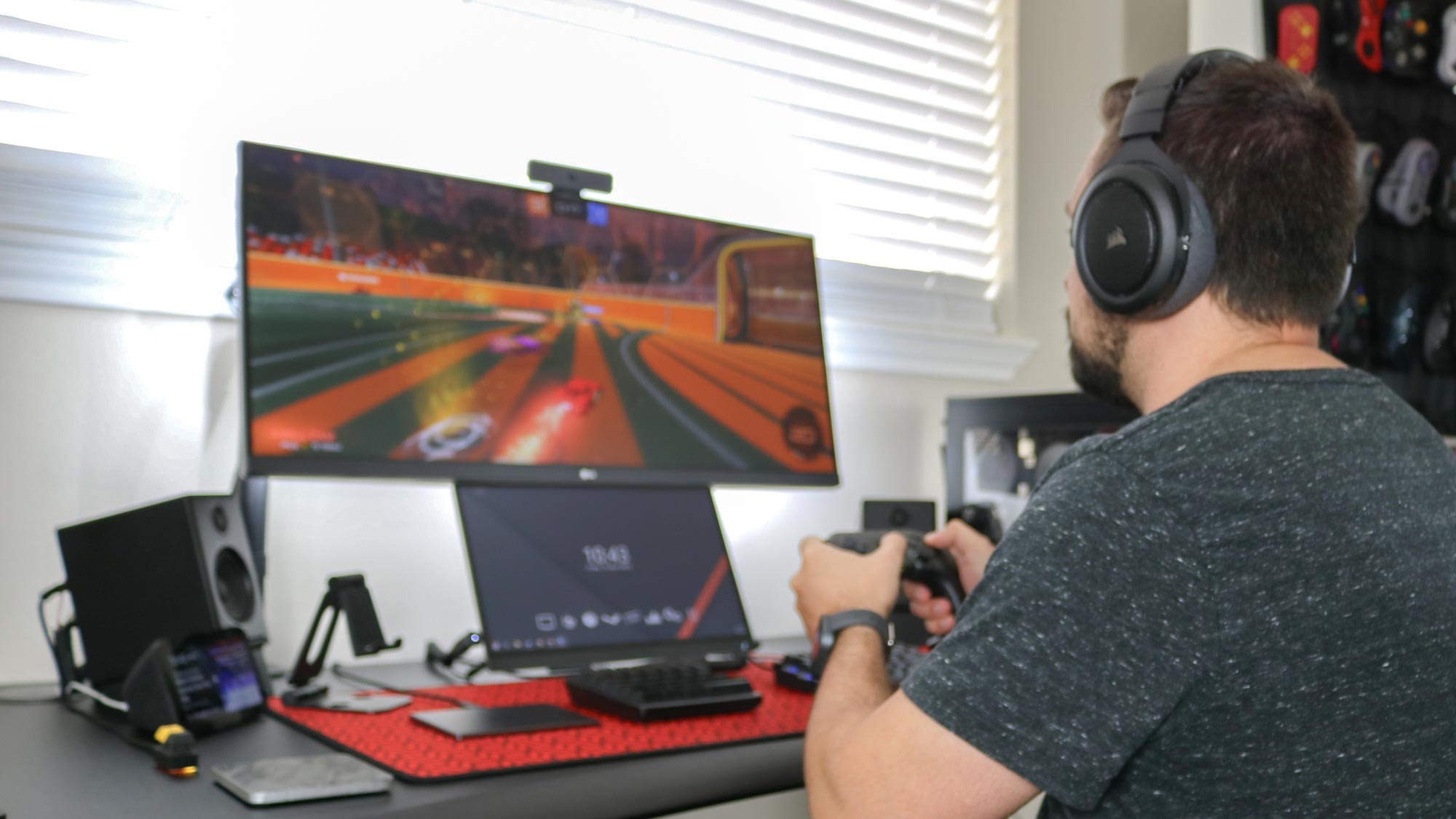
What I like about the replacement ear cups I bought is that they are made of fabric, which means they likely won’t start flaking off over time like the stock ones. Likewise, they’re also a bit thicker and feel more comfortable over all.
I have to admit they were the first pair I found and I liked the look of their gray fabric so much that I bought them right away. Little did I know that they’re made from memory foam and they are about half an inch thicker than the original ones. This extra thickness also comes in handy with their USB dongle since I’m now able to store it inside the headset when I’m not using it.
After I finished the swap, I put my upgraded Corsair HS70 headset to the test by watching a bit of the new Fallout series on Amazon Prime Video. They still sounded great but there was a bit less outside noise thanks to their now thicker padding. I also played a bit of Rocket League on my PC as well as my go-to game to unwind after a long day, the skateboard SIM Session.
As I’ve been using my Xbox a bit more these days, I wanted to try using the headset with Microsoft’s console. However, it was then that I realized why a new gaming headset might have been a better option after all.
Not quite as versatile as I remember
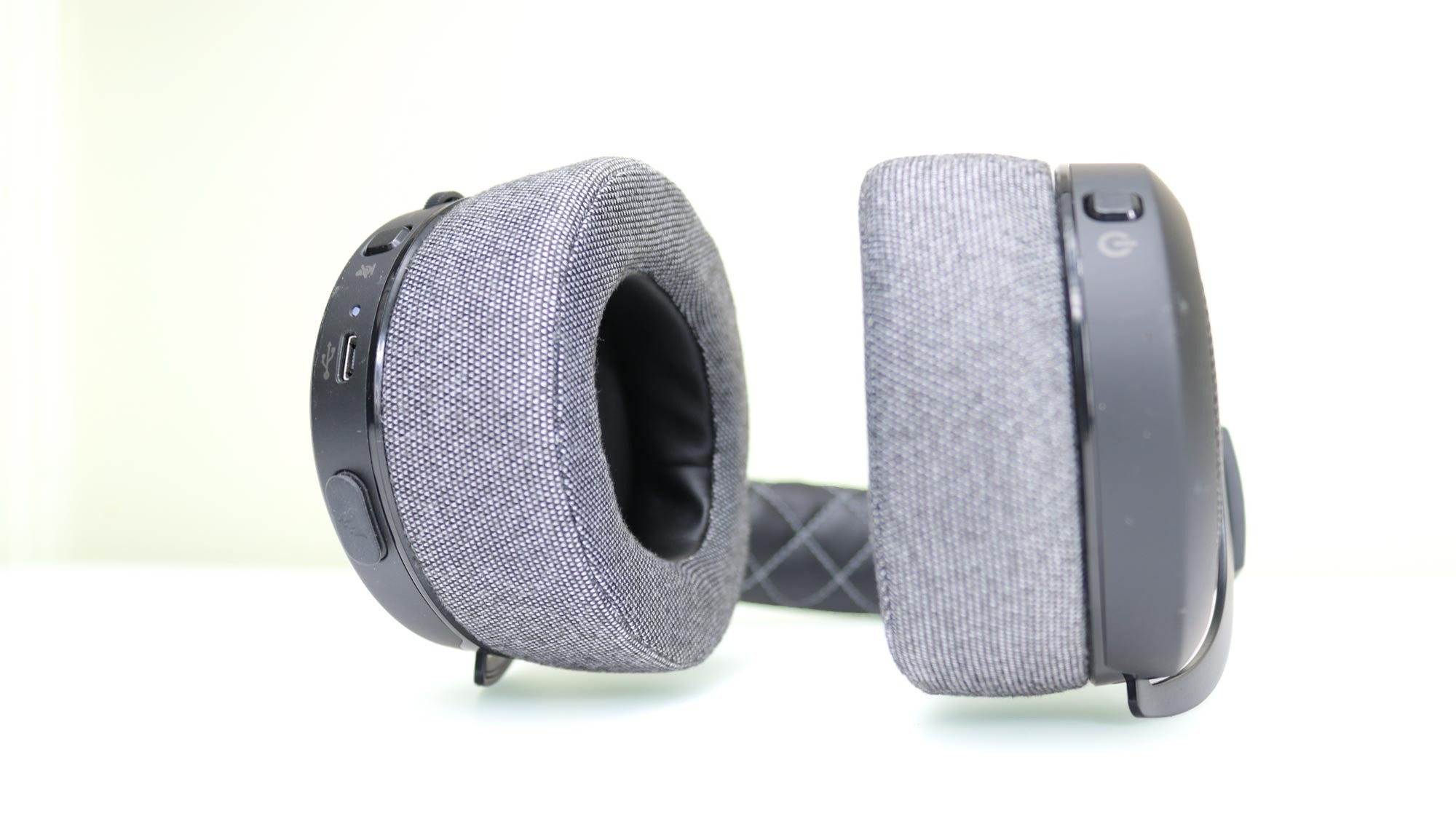
Back when I bought the Corsair HS70, I didn’t own an Xbox. At that time, most of my gaming was split between my PC and my PS4 Pro. One of the reasons I chose this headset over other ones is that it worked wirelessly with both devices.
Although Corsair has since changed tactics when it comes to this line of gaming headsets, the HS70 focused on doing one thing and doing it well. Instead of Bluetooth, this headset only came with a 2.4 Ghz USB dongle that you had to swap between your PC and PlayStation. Naturally though, with everything fixed up, I tried using it on my Xbox Series X out of curiosity.
When I didn’t hear a thing with the dongle plugged into my Xbox, I figured that since this was just a pair of headphones after all, there would probably be a 3.5 mm audio jack somewhere. I put my Corsair HS70 down and started looking for one when I found a covered port that appeared to have the jack I needed – or at least I thought it did.
Another thing I liked about this headset when I got it was the fact that it came with a removable microphone. I prefer single-player, story-driven games over multiplayer ones most of the time, so I detached the microphone and only used it a handful of times. As I hadn’t messed around with this headset in a while, I saw the jack for the microphone and thought I was in the clear. Unfortunately, while it is shaped like a standard headphone jack, it’s only for the microphone and not for a 3.5 mm male-to-male audio cable. At least I tried, though.
Still worth doing
So yeah, I can’t use my 6-year-old gaming headset with the latest consoles but that’s to be expected. I can keep using it with my PC and my PS4 Pro though and that’s still a win in my book. Plus, I learned all about ear cups and just how easy they are to remove and replace, granted you buy the right ones.
Now that my headset has been fixed for the past few days, my toddler hasn’t found it yet. He probably will but when he does, a bit of playing with it isn’t going to wear down these new ear cups.
If your own gaming headset or over-ear headphones are looking a bit long in the tooth, I highly recommend you consider replacing their ear cups before getting rid of them. It’s a quick, inexpensive fix that can help bring them back to life while also avoiding creating more waste which is something you want to avoid with Earth Day just around the corner.
More from Tom's Guide
- I wanted a new laptop dock — here's why I bought a Steam Deck dock instead
- This tiny Nintendo Switch dock is a game changer and it’s perfect for traveling
- I spent $30 on a mechanical keyboard to prove you don’t need to waste your money
Sign up to get the BEST of Tom's Guide direct to your inbox.
Get instant access to breaking news, the hottest reviews, great deals and helpful tips.

Anthony Spadafora is the managing editor for security and home office furniture at Tom’s Guide where he covers everything from data breaches to password managers and the best way to cover your whole home or business with Wi-Fi. He also reviews standing desks, office chairs and other home office accessories with a penchant for building desk setups. Before joining the team, Anthony wrote for ITProPortal while living in Korea and later for TechRadar Pro after moving back to the US. Based in Houston, Texas, when he’s not writing Anthony can be found tinkering with PCs and game consoles, managing cables and upgrading his smart home.

